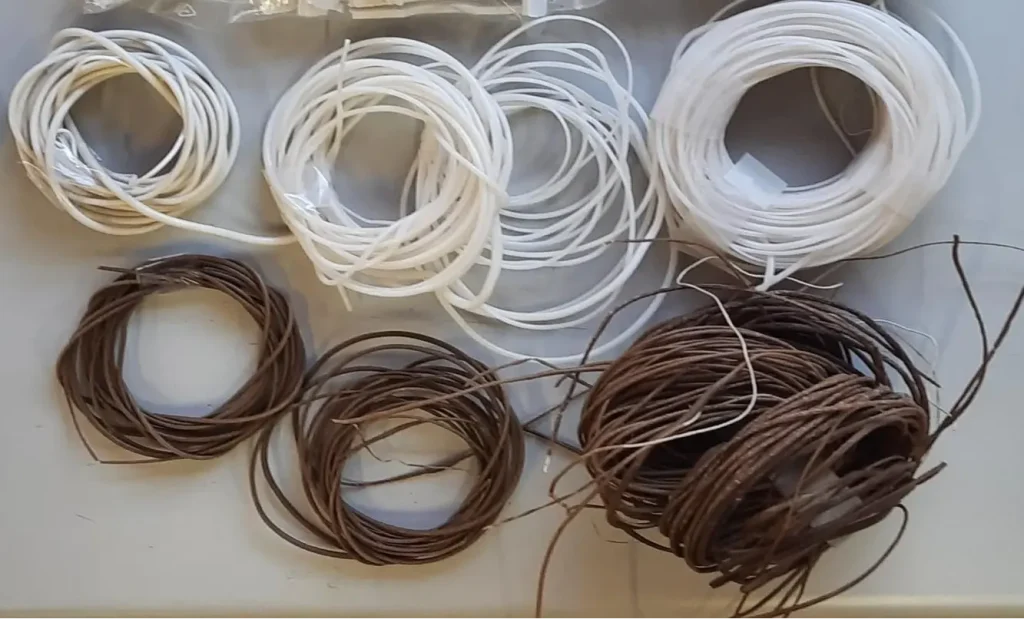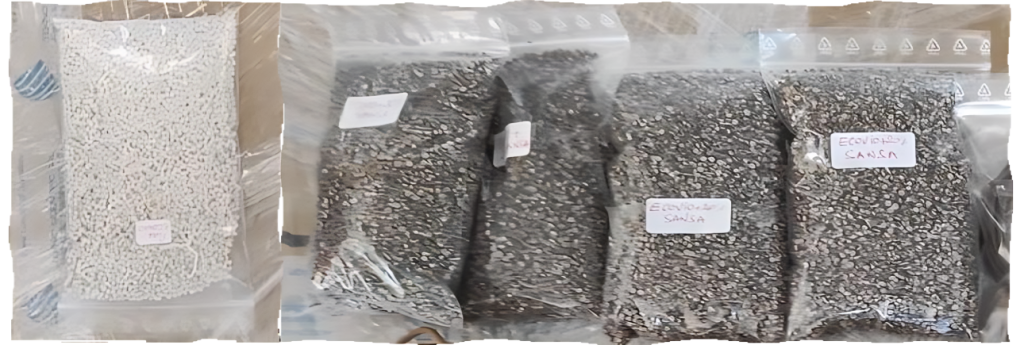Bioplastiche da scarti agroindustriali
Over the last 65 years, more than 8300 million tons of plastic have been produced from fossil sources. More than half (4900 million tonnes) at the end of their life cycle is sent to waste-to-energy, disposed of in landfill or dispersed in the environment, contributing to the increasingly pressing problem of climate change. In 2021, the Intergovernmental Panel on Climate Change (IPCC) declared that if temperatures increase by more than 1.5°C in the next 20 years, there will be a 12.5% decrease in agricultural crops. It is therefore not only the environment that is involved in this extensive change, but also living beings.
EU governments are working to find real solutions in line with the 17 objectives of the 2030 Agenda, promoting good practices such as the recovery, recycling and reuse of materials, as well as the introduction of products from renewable sources, following a new logic of “rethink & redesign”.
Among the different materials, research is focusing on the recovery of agri-food waste (such as spent beer grain, olive pomace, residual pulp from the production of fruit juices, etc.), produced in very high quantities every year and representing a serious environmental and economic problem. This waste can be used as secondary starting materials to produce value-added goods within the principles of the circular economy.

How Crossing can help
Thanks to its deep insight into the different plastic materials from renewable and non-renewable sources, Crossing has the necessary knowledge to develop innovative high-quality green, biodegradable and/or compostable bioplastic materials, starting from agri-food waste of different nature.
The biopolymers developed by Crossing are printable using traditional technologies such as extrusion, injection molding, compression, 3D printing; in addition to that, they have mechanical properties comparable to those of plastics of fossil origin and can be colored with traditional master batches.
Crossing’s bioplastics are biodegradable, recyclable and versatile, as they have physical-chemical characteristics that can be adjusted to the needs of the end market.
Contact us for more information on this and the other services offered to businesses (info@crossing-srl.com).

Case Study
Life Restart is a close-to-market project, co-financed by the European Union within the framework of the LIFE Program (LIFE21-ENV-IT-LIFE RESTART/101074314).
Life Restart represents the first example of recycling beer spent grains for the production of green, high-quality, biodegradable, recyclable and cost-competitive bioplastics: an ecological alternative to non-biodegradable fossil-based plastic.
For more information visit the website:: https://fdcmessina.org/life-restart/

